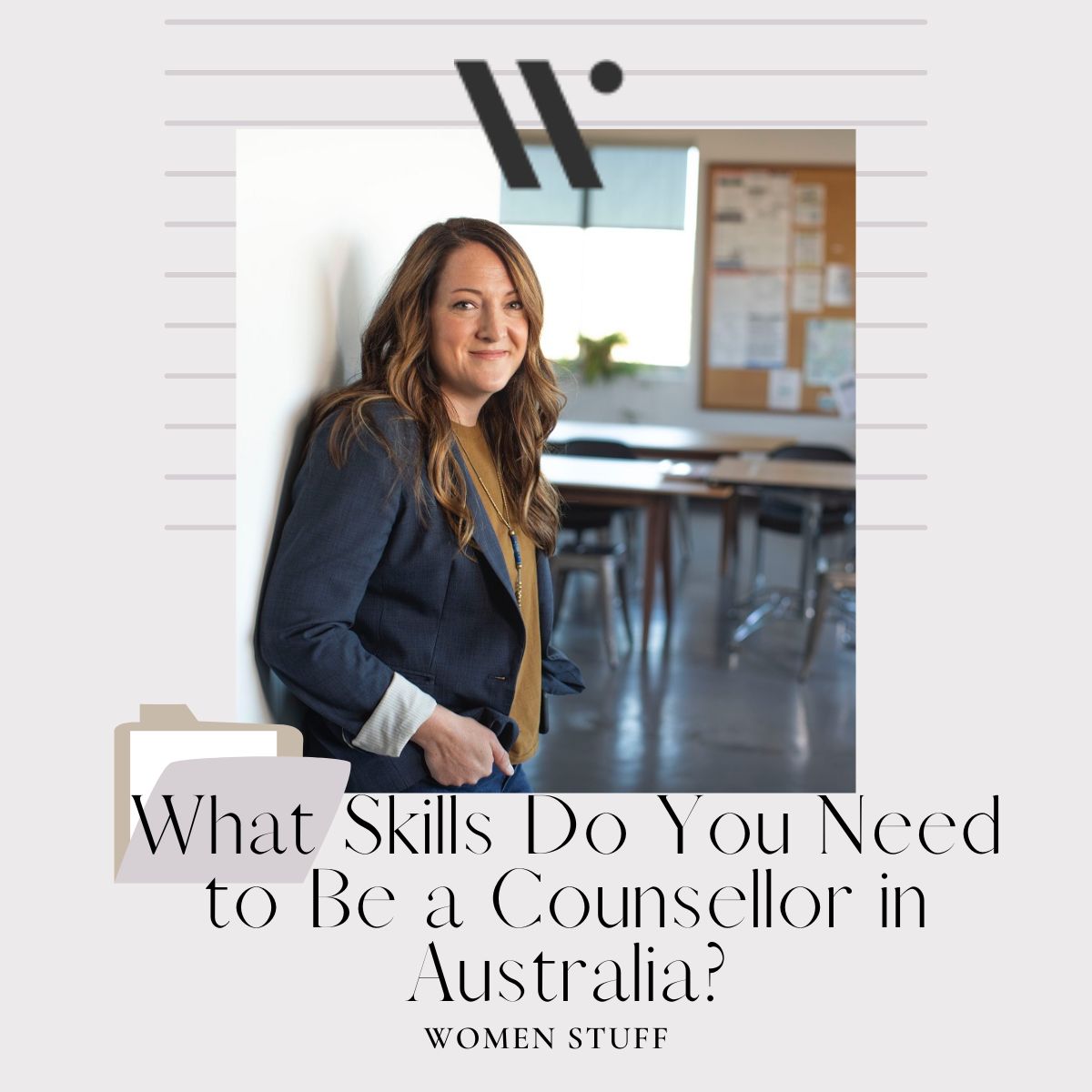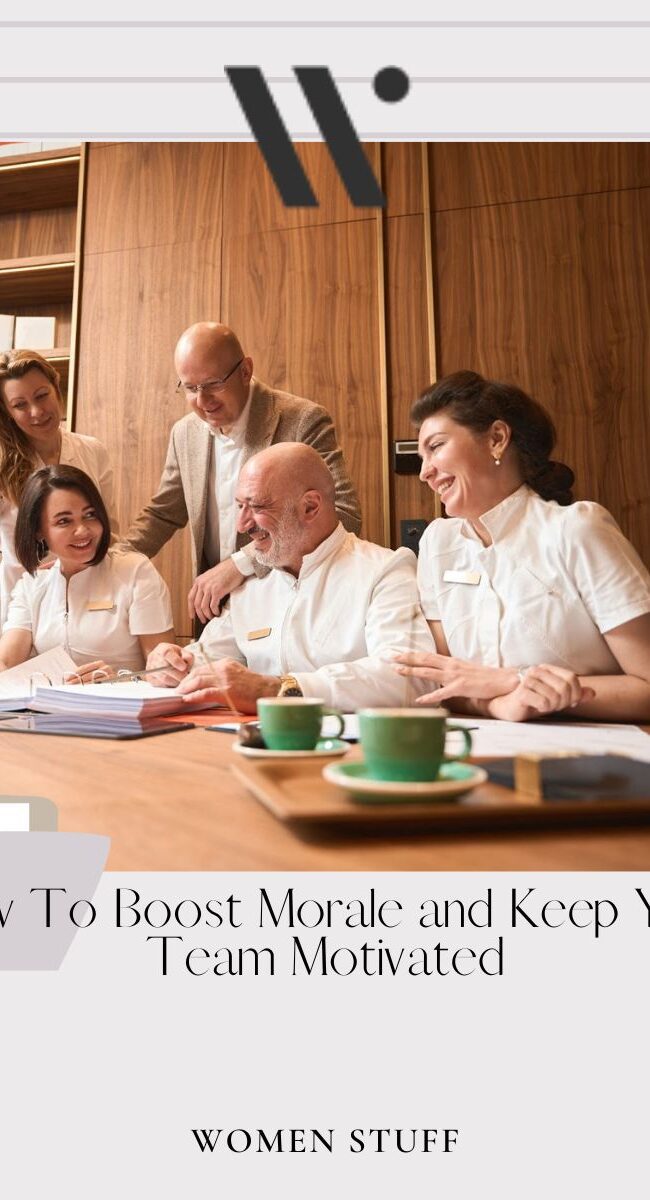
What Skills Do You Need to Be a Counsellor in Australia?
Counselling is a reputable profession that plays an important role in the well-being of a person. Some may think of it as something that only involves giving advice for your problems and sharing tips on how to properly handle them.
What most people don’t know is that being a counsellor has a deeper responsibility. It is actually about learning to listen and at the same time helping clients develop and nurture their own coping capabilities in order to efficiently manage whatever it is they’re going through. This is also the reason why knowing this essential part of the job is a factor if you are to consider entering this field in your career.
In addition, there are different areas of counselling which require specialization in every particular field. Milli Blenkin, a registered Psychologist with over 25 years of work experience, and Head of Discipline, Counselling, at the University of Canberra (UC), believes that every human being is different and that counsellors need to have a wide range of skills and ideas to help people.
Let us talk about the core characteristics that an effective counsellor must possess. Through this, you will have an idea whether this is a great choice of career for you.
What makes a good counsellor?
People who want to be counsellors have the heart to help others. Surely, one has to be kind, diligent, considerate and truly wants to offer support so that he/she can help clients meet their objectives.
However, there’s more to just being a kind person that will make you become an efficient counsellor. Let’s see how many of the following counselling skills you possess that will make you a great candidate for this job.
1. Empathic abilities
Putting yourself in the shoes of others is a trait which gives a person the perfect perspective on what other people are really going through. Counsellors who know how to empathize with others can basically think of an effective way on how to strategize things and what particular plans can appropriately address the client’s needs.
2. Compassion
It is an essential characteristic that a good counsellor knows how to consider the emotional being of his/her clients. It’s not enough to give advice, but instead choosing the rightful words can give a better way of reaching out to those people needing help.
3. Lending an ear
One of the most beautiful traits of a counsellor – knows how to listen. While it is important to be a good speaker, knowing when to listen is a different story. Counsellors are trained to develop this special skill. That said, they are able to listen to both verbal and nonverbal messages. It is not simply just hearing the client’s words, but more so completely engaging into the communication. With this, a deeper level of connection is established.
4. Flexibility
Since counselling involves working with different types of people in terms of ages, culture, region, race, and most of all personality, it is an essential quality to be flexible. One good example is when a child with traumatic experience is being counselled, he/she has the tendency not to communicate well to his/her counsellor. So a better way to deal with this is to use mediums like toys and artworks to engage the child and appropriately address the problem.
5. Openness to professional development
Another factor of being a good counsellor is not being afraid to be open to new learnings. This is because not all the time he/she knows everything. Continuous learning is of great help when developing counselling skills and at the same time it can improve your own interpersonal relationships.
6. Setting boundaries
A professional counsellor knows how to put a line between work and personal life. A work day can be filled with listening to other people’s problems, but that should not mean shouldering them on his/her own. Issues should not affect the counsellor’s life, otherwise it can cost his/her mental health and that’s when problems arise.
7. Critical thinking skills
Say you all have the above-mentioned characteristics, but lack this one analytic trait, then chances are, it won’t work at all. After thorough assessment, the objective of a counsellor is to help clients discover their own coping mechanisms that will mainly address the issue. This won’t happen if there’ll be no both critical and creative thinking. A skillful counsellor is equipped in his/her heart, hands, and most of all, intellect.
In Australia, there are no specific legal rules on becoming a counsellor. However, it is vital to apply ethical principles when practicing this line of work. One way of applying the code of ethics is by registering to Australian Counselling Association (ACA), following their guidelines and practicing under their standard operating procedure.
Choosing to invest in the proper training is important. It’s never easy entering a job you’re not sure of. If counselling is your calling, then by all means love the job as it will definitely love you back. Helping people is a fulfilling act and touching other people’s lives is priceless.





